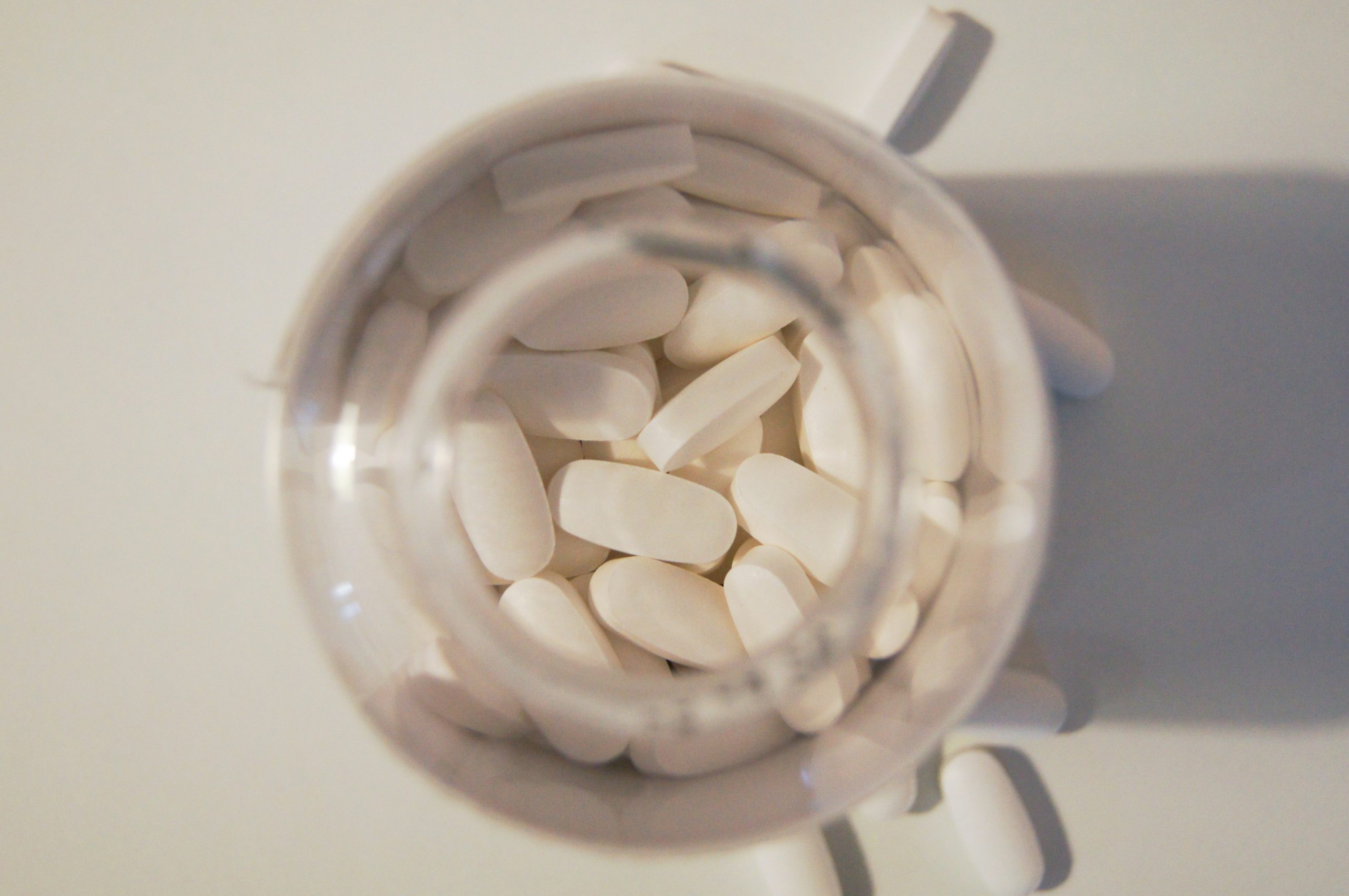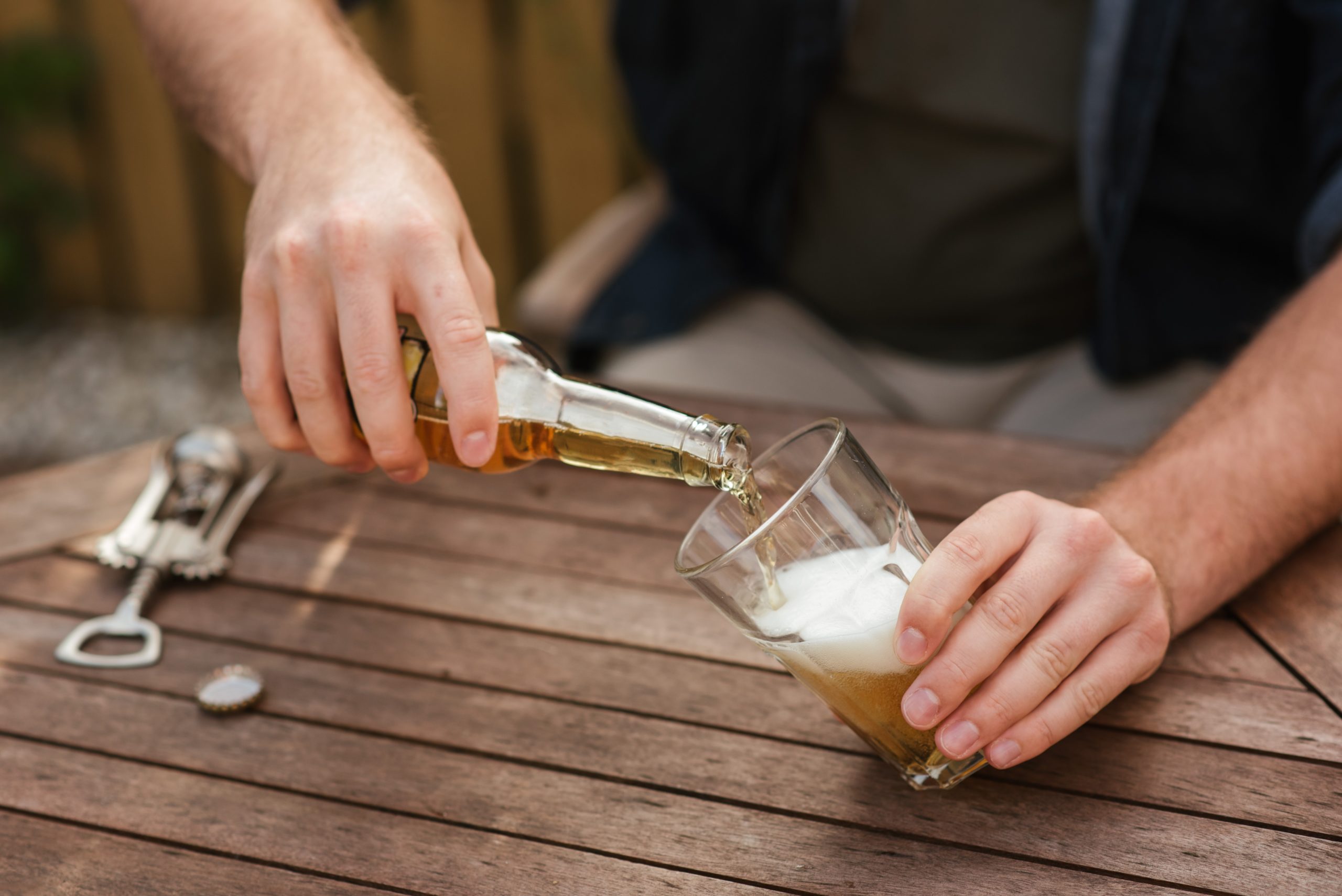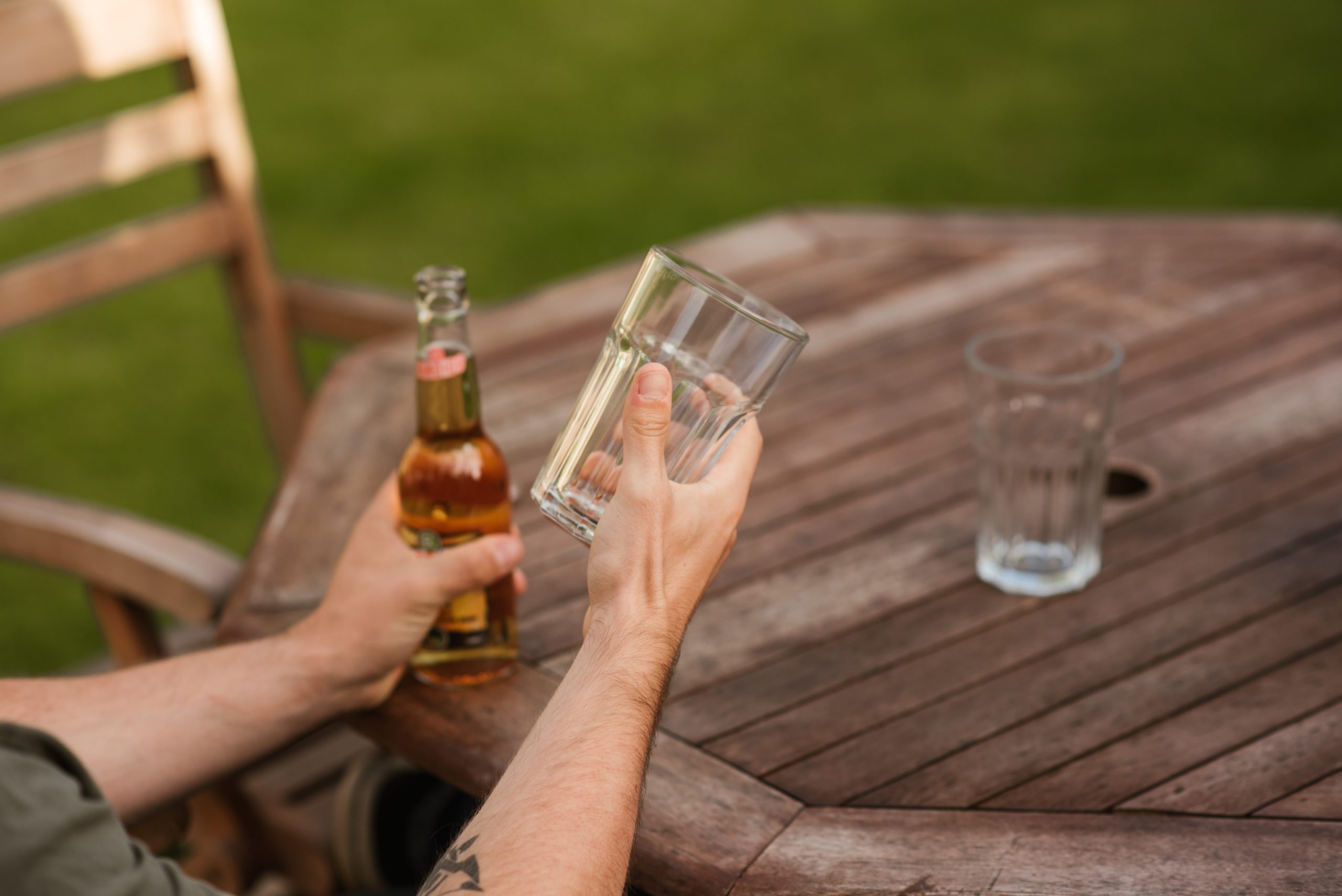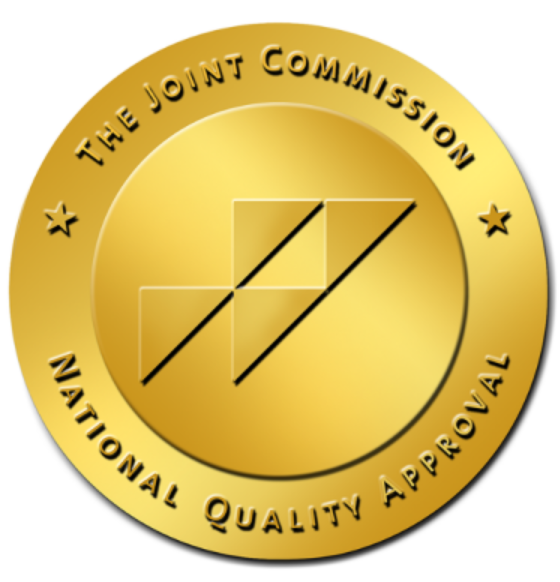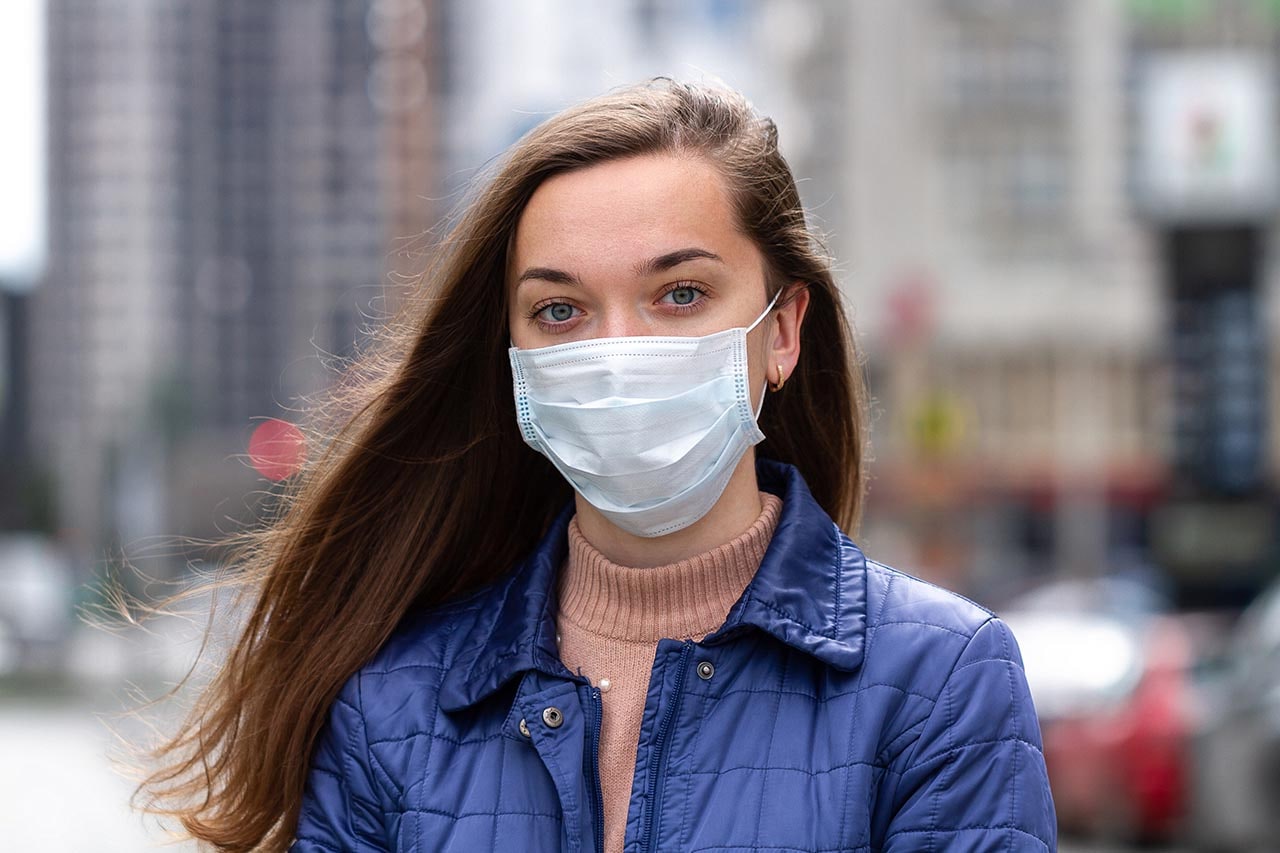
Staying Sane and Sober Through the Corona Crisis
The coronavirus, or Covid-19, which has officially been declared a pandemic by the World Health Organization, has now spread through all 50 of the United States. The virus has a higher fatality rate than most variations of the flu, with the elderly and immuno-compromised being most at risk. The Centers for Disease Control and Prevention estimate that for people over the age of 85, the fatality rate is between 10% and 27%. These numbers fall dramatically for younger people, but they are still at high risk.
The coronavirus is also extremely contagious. Because it is a new virus, the world population does not benefit from the protections of “herd immunity” that occurs when large populations have already developed immunity either from having recovered from the virus or from being vaccinated. Estimates of how many people will contract the virus in the United States range from 160 million to 214 million, with as many as 200,000 to 1.7 million Americans expected to die as a result. Given these numbers, it is crucial for everyone, even those who fall into the lowest-risk age bracket, to work to flatten the curve and prevent the spread of the disease to more vulnerable populations.
Unfortunately, the measures currently being taken to reduce the spread of Covid-19 are also putting other vulnerable populations at increased risk, in particular those who suffer from addiction. Whether an individual is actively engaging in using drugs and alcohol or is sober and regularly treating their addiction, the coronavirus has both made substance abuse more dangerous and limited the resources of people who are working to recover from addictions. Despite the consequences of the coronavirus, however, it is possible to stay sane and sober through this challenging period of time.
Social Distancing and Addiction
During a time of fear, it is tempting for people who suffer from addiction to give up hope. Drugs and alcohol can provide temporary relief from feelings of anxiety. Even individuals who are considering quitting or who are recently sober might be tempted to abandon hope for the future. In addition to being a public health risk, Covid-19 has affected the economy. Businesses are closing and many have already lost their jobs, with more to follow. Associated financial fears can be particularly damaging to people suffering from addiction. With businesses closing, large gatherings banned, and social contact limited, many of the traditional resources available to those with substance use disorders have also temporarily closed or tried up.
People who are lucky enough to be currently enrolled in inpatient treatment centers or sober living homes are in a safe space, but individuals who continue to live at home with families or partners can experience difficulties. Unable to leave the house, many are trapped in codependent or unhealthy relationships. Family dynamics impact addiction in many ways, ranging from addiction-enabling behavior to abuse. Individuals who are unable to leave the house and find themselves forced to contend with unhealthy family circumstances should prioritize their sobriety by setting boundaries and communicating their needs as clearly as possible.
Public health experts recommend the population at large engage in “social distancing” to prevent the spread of the virus. This involves avoiding large gatherings and staying at least 6 feet away from others. For most people, this involves staying at home for long periods of time. For people suffering from substance use disorders, this can present unique risks. Many people refer to addiction as a disease of loneliness. A feeling of alienation from others drives many individuals to drink or use drugs. Loneliness can also exacerbate mental health problems, from which substance abuse can provide temporary relief. As social isolation is now required to some degree, it is crucial that those suffering from substance use disorder make use of all available resources.
Resources for Addiction Treatment During the COVID-19 Crisis
First of all, practice good self-care. Just because you have to stay home doesn’t mean you should abandon everything. Shower, eat right, go for a walk. The coronavirus is not an excuse to sever your ties with your goals. Social distancing also doesn’t mean you have to abandon your relationships. Call or video-chat with a friend or sponsor. Stay connected.
Other resources include:
- Online 12-step meetings. Even though physical meetings for Alcoholics Anonymous have been canceled for the time being, many meetings have moved online. Click here for a list of meetings in the Los Angeles area.
- Video counseling. Getting therapy via an outpatient program is still possible. You may not be able to meet your counselor in person, but therapy via Skype or Zoom is just as effective.
- Inpatient Treatment Programs. These programs not only offer intensive recovery for substance use disorders, they also offer a degree of shelter from the perils and triggers of the outside world.
While the coronavirus has complicated things for everyone, especially those who are in the early stages of treating a substance use disorder, it is also a time to reflect. With much of the world shutting down temporarily, it is wise to look inward and examine ones values and priorities. The sober community is in some ways at an advantage. With a built-in social support system, those who have a strong program of recovery can continue to stay connected with each other. Developing sobriety is also partly about abandoning self-will and the sense that the world can be controlled, a skill that is all the more necessary during this unpredictable worldwide crisis. There is no better time than now to get sober. Even if you’re home alone, don’t hesitate to reach out and ask for help.
Follow Us:


